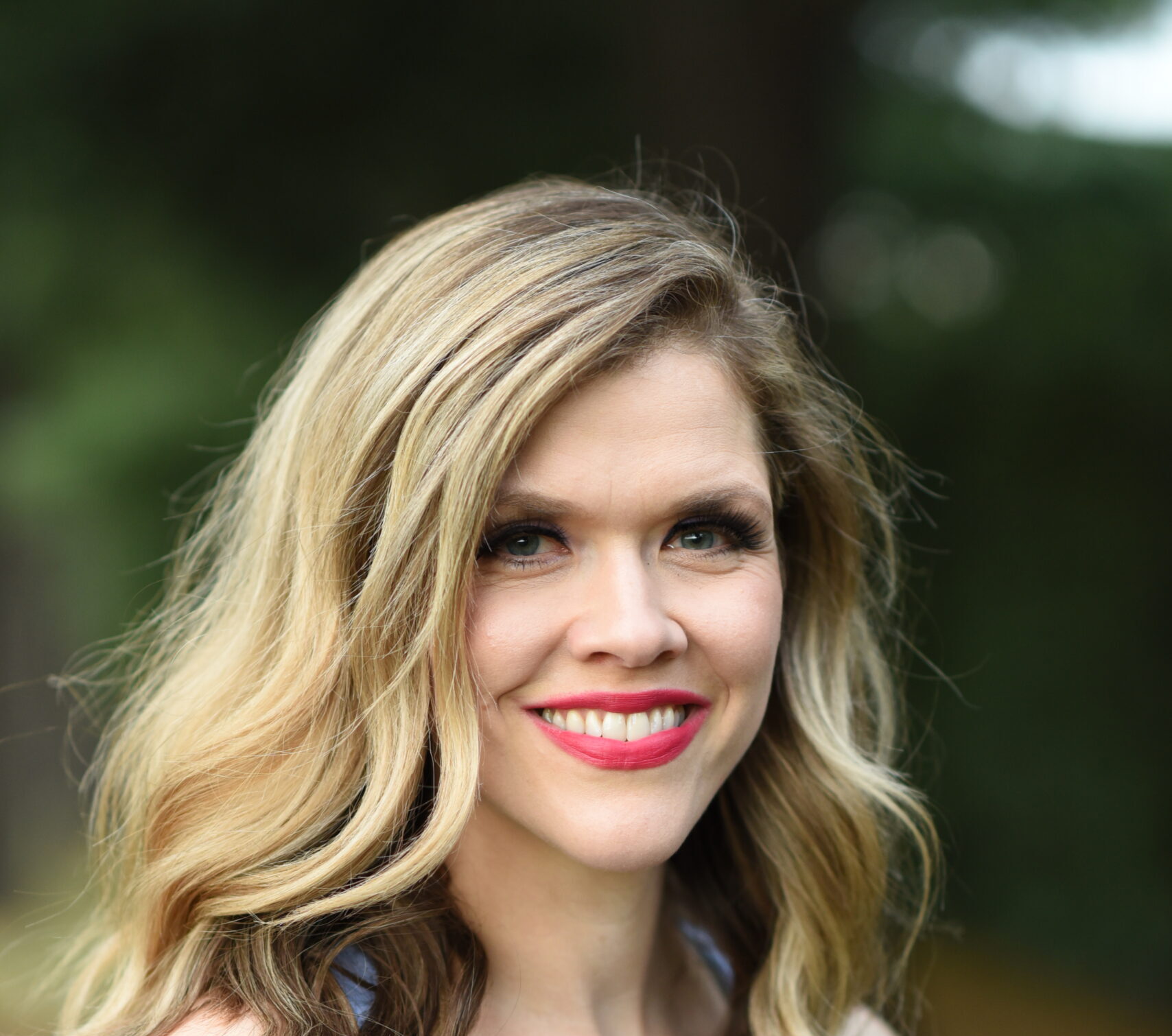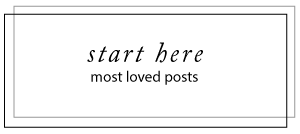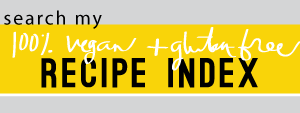So can we all agree that eating more fruits and veges is a good idea? Yes. Nothing too revolutionary there. Taking meat and dairy out of your diet, now that’s a much harder sell. Radical, even, at least to some, so this is why, the next baby step to a healthier you is to educate yourself. How do you do this? Mostly by reading books, videos, Internet searches, ect.
Groan, I have NO time, I hear you say. Poppycock. We can all find a little time to educate ourselves on our most important assest: our body. If you’re body can’t function due to high blood pressure, diabetes, heart disease, or a number of other completely PREVENTABLE conditions, then you really don’t have time OR energy for anything. So consider this a little bit of health insurance, at a much cheaper premium. More than that, you’ll save a ton of money down the road in doctor visits, hospital procedures, ect. that you won’t have to experience. As I’ve said before, diet, or what you put into your body is not the end all be all to go health, but it certainly is a good starting point and you must have a healthy diet to have good health, especially if you are aiming not only to live long, but have a high quality of life while doing so. It’s not just about extending the quantity of life, but enhancing the QUALITY of life as well.
The power in self-education lies in the fact that once you know something, you are empowered to act. You’re a little more motivated to cut back or even eliminate animal products, for example, after reading in The China Study that animal products are the number one cause for disease and sickness (think heart disease, the #1 killer in America). All of this sounds radical until you read the research, you see the extensive studies that have been done, and then you think, hmmmm maybe I am more in control of my health than I thought.
I’ll save you some time here and give you an abbreviated version of some of the most helpful books you will ever read on diet and nutrition.
1. The China Study, by T. Colin Campbell.
This is the book I recommend to anyone who is interested in better health. Read this book before anything else, because this lays the foundation for understanding the principles behind a plant based diet.
This book will change the way you view your food like nothing else will. This book outlines in detail the most comprehensive study on nutrition ever performed. A professor at Cornell, Campbell headed a 30 year research study in which the conclusive evidence suggests that a plant-based whole foods diet is the number one way to prevent cancer (this is not say that there aren’t environmental and other factors, just that diet is #1). If you choose to eat animal products, no more than 5% of your caloric intake should come from animal products if you want to protect your body from cancer and disease. More than that, your food should be as unprocessed and as “whole” (not refined) as possible. The findings from Campbell’s research is astounding, and after reading this book you’ll want to share what you’ve learned with everyone you know. So what are you waiting for, check it out from the library or order it off Amazon.com, and read it!
Let me preface the rest of the list by saying that just because someone is a doctor, it doesn’t mean that they know anything about nutrition. Doctors, for the most part, are taught how to treat sickness not prevent it, so while they know a lot about what medications are good for specific illnesses for example, they aren’t going to necessarily know a lot about nutrition. That said, there are certainly doctors who know their stuff. Among those include Doctors Dean Ornish & John McDougall who were pioneers in the field of medicine for using a low-fat plant based diet to treat patients of heart disease, obesity, and diabetes.
2. Any book by John McDougall, M.D. Some include:
The McDougall Program, The McDougall Program for Maximum Weight Loss, and The McDougall Program for a Healthy Heart.
I love Dr. McDougall. He’s the one that I keep coming back to. In my journey towards greater understanding of what diet is truly best for us, his approach really makes the most sense to me. Not only that, eating the way he recommends leaves me feeling great, with a ton of energy for doing what I need to do.
One thing that really impresses me about Dr. McDougall is that he is so research oriented. Look at his website, wwww.drmcdougall.com and you can research any topic of choice which is all research-based information. Previous to being vegan, I had read nearly everything out there, ranging from The Atkins Revolution, Suzanne Sommer’s diet, The South Beach diet, Weight Watchers, ect. and tried implementing these various diets. All of them left me hungry and/or dissatisfied (too much work, too much time spent calculating, tabulating, combining, ect.). When I first became interested in a vegan diet I also read a number of books, each with their own take on a vegan diet (believe me, there are a lot more factions in the vegan world than you would think). You’ve got macrobiotics (an Chinese medicine approach); adyuervic diet (A yogic diet); raw foods (and within the raw foods world a lot of varying approaches and opinions on what should be eaten and what shouldn’t); low-fat vegans; white-bread, french fries and soda pop vegans; the natural hygiene movement (which isn’t entirely vegan or vegetarian, but emphasizes whole natural foods); the list goes on. Although I have my own spin on the McDougall diet, his makes most sense to me and is the most simple to implement and stick with. Some may find Dr. Ornish’s approach less restritive (he allows a small amount of non-fat dairy products). However, for optimum health, I think a McDougall approach with an emphasis on getting a lot of raw, whole foods in your diet is a good way to go. I recommend reading any of his books as a good place to start AFTER reading The China Study.
3. Eat to Live, by Joel Fuhrman, M.D.
This book is for anyone who really wants to lose weight. He dedicates a large portion of the book to discussing the formula to health and wellness and includes a step-by-step approach including recipes. He emphasizes legumes, fruits, and vegetables with very limited starch. I find that I need more starch in my diet than he calls for, but I think that’s only because I’m a VERY active nursing mother and require a lot of calories and carbohydrates for energy and I currently don’t really have a lot of fat storage to spare. That said, his program is especially great for people who are extremely overweight and just need to lose some weight just so they can safely start an exercise program.
4. Any book by Dr. Dean Ornish.
Stress, Diet, & Your Heart and Dr. Dean Ornish’s Program for Reversing Heart Disease are two great ones. They are longer reads so I’d recommend starting with Dr. McDougall since you can read his books in a day or two. Both Dr. Ornish’s books were published awhile ago, but the information is still valid and important. I believe he has written a new book, but I have not yet read it. I like Dr. Ornish’s approach, because it is a holistic, mind-body-spiritual approach where he encourages integrating meditation, exercise (yoga among other things are encouraged), and diet to reverse heart disease. He includes some recipes in the second book I mentioned, but his are definitely more gourmet and a little more time consuming than Dr. McDougall’s.
5. Healing with Whole Foods: Asian Traditions and Modern Nutrition, by Paul Pitchford.
This book is an amazing resource for how to use food as medicine. It goes through each food category and explains the uses and healing properties of fruits, vegetables, grain, seaweed, and nuts. He does say that there is a place for a limited amount of animal products and/or oils but only in times of “deficiency” (underweight, for example, which most Americans do NOT fit in this category). This is a great book to read after you have read some of the previous books. Since it is so comprehensive, it may be a little overwhelming, but once your ready for more information is an EXCELLENT resource for learning how to use food as your medicine.
6. Mad Cowboy, by Howard Lyman (see his website, www.madcowboy.com)
Diet for A New America and May All Be Fed, both by John Robbins
If you’re not sold on whole-foods vegan diet for health reasons, maybe after reading the above books you’ll be convinced to make the switch for environmental and moral/ethical reasons. Mad Cowboy is written by a former fourth-generation cattle rancher turned vegetarian (he was the reason Oprah Winfrey said, “I will never eat beef again,” and then was sued by a group of Texas ranchers). John Robbins discusses the horrors of factory farming. If you have any amount of compassion or conscience, reading this will certainly make you think twice about eating meat.
7. Fit for Life, by Harvey & Marilyn Diamond
An oldie, but goodie, this is a natural hygiene book. Their diet includes eating only fruit, fresh vegetable and fruit juices, and/or smoothies before noon, and making half your other meals raw. A lot of good information on food combining as well. I like to eat this way during the summer and warmer months, or when I feel I need to do some internal cleansing.
8. A Few Raw Foods books:
While I believe in raw foods, I don’t advocate a completely raw diet, although if you feel best on a raw diet, who am I to stop you? My main thing with raw foodists is that their diet consists of too many nuts, oils, and other high fat plant foods. It can become very time consuming, expensive, and just plain difficult to keep up in world full of cooked food. A low-fat raw diet is the best way to go, I think, but I would have a hard time eating just mostly fruit. In addition to that, I believe there’s a place for grains and legumes (beyond just being sprouted). And let’s face it, cooked broccoli is much better (both in terms of taste and digestibility) than raw. I do believe, however, that a raw diet is a great option for those who are diagnosed with cancer or other illnesses.
There are a ton of good raw food books out there, here are a few.
Warning: rarely do two raw foodists agree exactly with one another, so you’ll find they contradict each other frequently. Nonetheless, there’s some good information in there.
Eating for Beauty, by David Wolfe
Raw Detox Diet, by Natalia Rose
The Grape Cure, by Johanna Brandt (this was written nearly 100 years ago!)
Rational Fasting, by Prof. Arnold Ehrets
Cleanse & Purify Thyself, by Richard Anderson
Rawsome Recipes, by Robyn Boyd (this is actually a cookbook, but has a very informative section on nutrition)
And here’s a quick and easy, not to mention delicious, recipe using quinoa (keen-wa. Quinoa is a grain used as a staple in Bolivia and Peru and is contains all the essential amino acids (a complete protein). High in protein, fiber, and calcium, this grain is very filling and satisfying.
Quinoa and Black Beans
1 teaspoon oil (optional) OR 1/4 cup water
1 onion
Chopped 3 cloves garlic, peeled and chopped
3/4 cup uncooked quinoa
1 1/2 cups vegetable broth
1 teaspoon ground cumin
1/4 teaspoon cayenne pepper
salt and pepper to taste
1 cup frozen corn kernels
2 (15 ounce) cans black beans, rinsed and drained
1/2 cup chopped fresh cilantro
DIRECTIONS
1. Heat the oil (or water) in a medium saucepan over medium heat. Stir in the onion and garlic, and saute until lightly browned.
2. Mix quinoa into the saucepan and cover with vegetable broth. Season with cumin, cayenne pepper, salt, and pepper. Bring the mixture to a boil. Cover, reduce heat, and simmer 20 minutes.
3. Stir frozen corn into the saucepan, and continue to simmer about 5 minutes until heated through. Mix in the black beans and cilantro.
Serve with corn tortillas or corn tortilla chips. Enjoy!



Comments